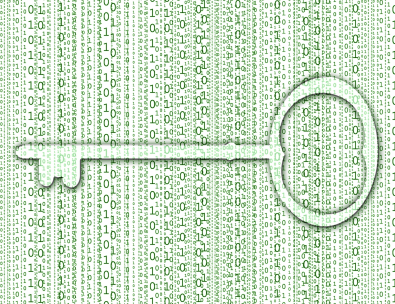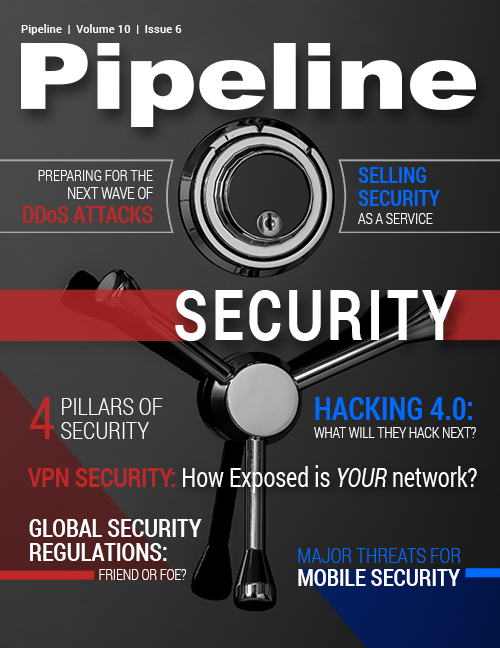Selling Snoop-Proof Services
By: Becky Bracken

You don’t have to be in the international espionage game to be interested in encrypted, secure communications services that can’t be accessed by spies, government agencies or even a suspicious spouse. But when Edward Snowden, a former contractor for the National Security Agency (NSA), released classified information about the United States government’s covert surveillance activities, he not only made average citizens think twice about even the most mundane emails and phone calls, he also brought down some of the most well-known and highly regarded encrypted-email service providers in the US.
Maybe secure email isn’t so secure?
The first was Lavabit, which Snowden himself reportedly used to leak classified NSA documents. Employing asymmetrical encryption technology, it required users to enter a password to read their messages. But on August 8, almost two months after Snowden made front-page headlines, Lavabit went dark, with little explanation other than the following statement from owner Ladar Levison, which he addressed to the site’s users on its home page:
"I feel you deserve to know what’s going on—the first amendment is supposed to guarantee me the freedom to speak out in situations like this. Unfortunately, Congress has passed laws that say otherwise. As things currently stand, I cannot share my experiences over the last six weeks, even though I have twice made the appropriate requests."
One day later, Silent Circle, another US-based provider of encrypted telecommunications services, decided to shutter its own email offering. On the company’s blog, cofounder and CTO Jon Callas wrote, “We see the writing [on] the wall, and we have decided that it is best for us to shut down Silent Mail now.” But, he assured customers, Silent Phone (for both voice and video) and Silent Text were still secure and would continue to operate.
“Email that uses standard Internet protocols cannot have the same security guarantees that real-time communications has,” Callas added. “There are far too many leaks of information and metadata intrinsically in the email protocols themselves.”In a written statement provided to TechCrunch, Silent Circle’s CEO, Michael Janke, claimed that the US government—or “USG,” as he calls it—was interested in getting more information on the company’s email clients:
"There are some very high profile people on Silent Circle- and I mean very targeted people- as well as heads of state, human rights groups, reporters, special operations units from many countries. We wanted to be proactive because we knew USG would come after us due to the sheer amount of people who use us- let alone the ‘highly targeted high profile people’."





















